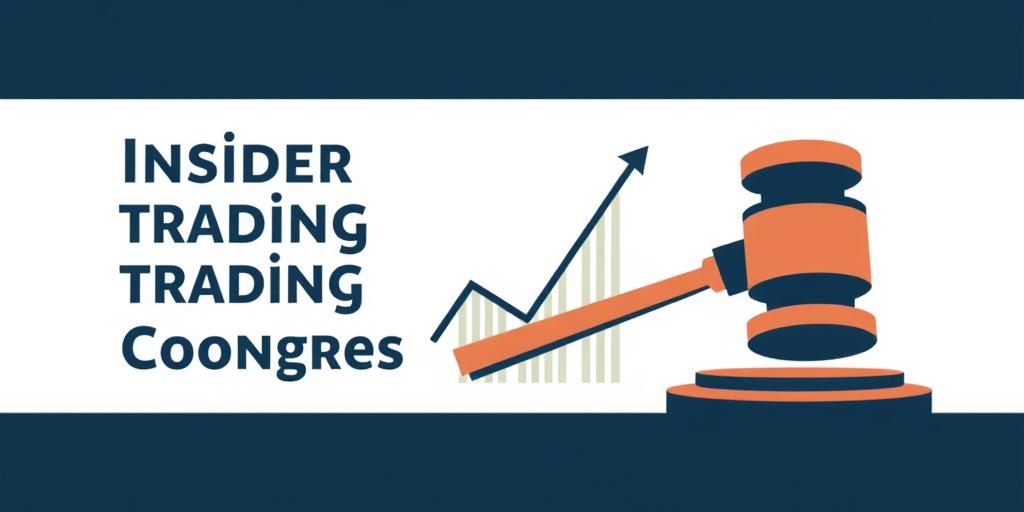Insider trading? In Congress? Sounds crazy, right? Let’s be real, it’s a topic that makes my head spin. But, get this – it’s actually legal in many cases. I know, I know, it’s wild – but stay with me.
So, what’s the deal? Well, the rules are…complicated. Members of Congress, along with their staff, are allowed to use non-public information to make trades, as long as it's not information they obtained through their official duties. It’s a loophole the size of a small car, you know what I mean?
Think about it. They’re privy to all sorts of information – upcoming legislation, economic forecasts, you name it. And they can use that knowledge to make some serious bank. It’s enough to make you wonder if they're actually working for the people or for their own portfolios. Been there, done that, feeling that same skepticism.
Now, I’m not saying everyone’s doing it, but the potential for abuse is HUGE. And that’s what’s so frustrating. It creates a system where those in power have an unfair advantage over regular folks. It’s seriously messed up.
This isn’t just some theoretical problem either. There have been numerous instances where lawmakers have gotten caught up in this, and the consequences haven't always been what you'd expect. Some get a slap on the wrist, others face little to no repercussions. It’s a wild west out there.
What can we do about it? That’s the million-dollar question. Increased transparency would be a great start. More stringent regulations? Absolutely. But real change requires a fundamental shift in how we view the relationship between power, money, and politics.
I know, it’s a big ask. But it’s a conversation we need to have. This isn’t just some niche political issue; it affects all of us. We deserve a government that works for the people, not just the privileged few.
Have you tried navigating this complicated issue? Would love to hear your take!









